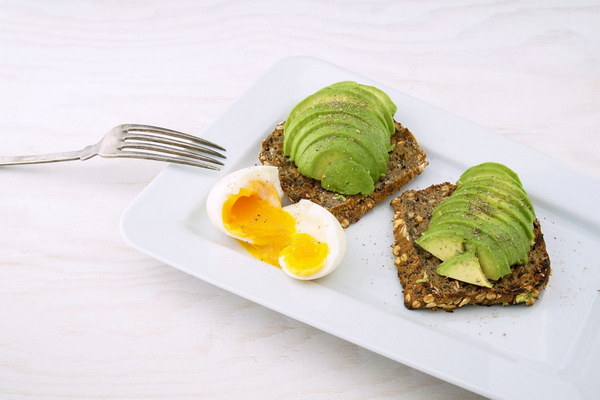Is Tea a Friend to Your Stomach Exploring the Gastric Benefits of Tea
In recent years, the popularity of tea as a beverage has surged, not just for its refreshing taste, but also for its numerous health benefits. One such benefit that often catches the attention of tea enthusiasts is the potential of tea to aid in stomach health. But is tea really a friend to your stomach? Let's delve into the topic and uncover the truth behind this question.
Firstly, it's essential to understand that not all teas are created equal. The health benefits of tea largely depend on the type of tea you consume. Green tea, white tea, oolong tea, and black tea are the most commonly consumed varieties, each with its unique properties and potential health benefits.
Green tea, for instance, is rich in polyphenols, particularly epigallocatechin gallate (EGCG), which has been shown to have anti-inflammatory and antioxidant properties. These compounds can help reduce the risk of stomach ulcers and may also improve the health of the stomach lining. Additionally, green tea can aid in digestion and reduce bloating by stimulating the production of stomach acid.
White tea, on the other hand, is less processed than green tea, which means it retains a higher concentration of antioxidants. These antioxidants have been found to have a protective effect on the stomach lining and can help prevent the formation of stomach ulcers. White tea also has a calming effect on the digestive system, which may be beneficial for those suffering from indigestion or irritable bowel syndrome (IBS).

Oolong tea falls somewhere in between green and black tea in terms of processing. It contains a moderate amount of caffeine and a good balance of polyphenols and antioxidants. Oolong tea has been found to improve digestion and reduce the risk of stomach cancer, thanks to its ability to inhibit the growth of harmful bacteria and promote the growth of beneficial bacteria in the gut.
Black tea, which is fully oxidized, contains less polyphenols than green or white tea. However, it does contain caffeine and other compounds that can aid in digestion and reduce bloating. Black tea has also been shown to have a calming effect on the stomach, which may help alleviate symptoms of IBS.
While the health benefits of tea are promising, it's important to consume it in moderation. Drinking too much tea can have adverse effects on your stomach, such as increased acidity and indigestion. Additionally, certain individuals, such as those with gastroesophageal reflux disease (GERD), may experience discomfort when consuming tea, particularly if it's hot or if they drink it on an empty stomach.
In conclusion, tea can indeed be a friend to your stomach, but only if you choose the right type and consume it in moderation. Green tea, white tea, oolong tea, and black tea all have unique properties that can promote stomach health. By incorporating these teas into your daily routine and being mindful of your consumption, you may find that tea can be a valuable addition to your diet for a healthier stomach.
Remember, it's always a good idea to consult with a healthcare professional before making significant changes to your diet or lifestyle. They can provide personalized advice based on your specific health needs and preferences. With the right approach, tea can be a delightful and beneficial part of your daily routine.









